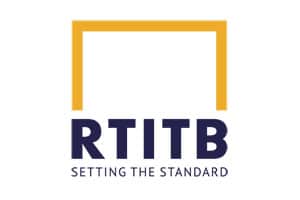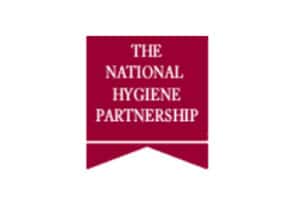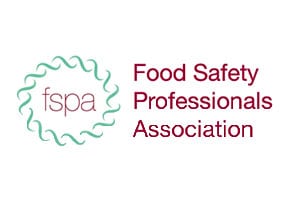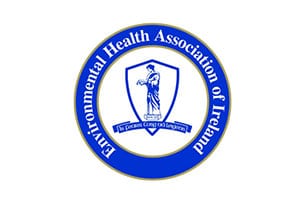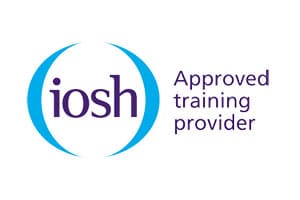Ensuring safety on farms is crucial, especially during the busy summer months. The increased use of machinery, longer working hours, and the presence of children can heighten the risks. This season, take the time to educate yourself and develop habits that will reduce potential hazards and protect both workers and farm visitors.
Understanding the Risks on Farms
Farming is one of the most dangerous occupations in Ireland, with high rates of workplace fatalities despite the sector representing only a small percentage of the workforce. Summer, in particular, presents unique risks due to the following factors:
-
Machinery Use: Extended use of heavy equipment increases the likelihood of accidents.
-
Livestock Handling: Animals, especially bulls and cows with calves, can be unpredictable.
-
Child Safety: The presence of children on farms, particularly during school holidays, adds additional risk.
Risks Associated with Farm Work
Working on a farm, particularly in summer, can expose workers to a range of hazards:
-
Machinery Accidents: Injuries caused by moving parts or unguarded machinery.
-
Animal-Related Injuries: Livestock can cause serious injuries, especially when handling bulls or calves.
-
Child Injuries: Children can be exposed to dangerous areas like slurry pits or machinery yards.
-
Heat-Related Illnesses: Extended exposure to sun and heat can lead to heat exhaustion or dehydration.
Key Farm Safety Practices
1. Machinery Safety & PTO Shafts
Farm machinery can be deadly if not properly maintained and operated.
-
Always use properly fitted PTO (Power Take-Off) guards and ensure they are regularly maintained.
-
Only operate machinery if you are trained and competent.
-
Avoid wearing loose clothing near moving parts.
-
Always shut off machinery before attempting repairs or clearing blockages.
Legal Tip: Regulation 30 of the 2007 General Application Regulations requires all dangerous parts of machinery to be guarded.
2. Livestock Handling Safety
Farm animals can be unpredictable, and proper handling techniques are essential.
-
Ensure pens, gates, and crushes are well-maintained and escape routes are clear.
-
Use proper animal-handling techniques and equipment.
-
Always be aware of the behaviour of livestock, particularly bulls and cows with calves.
Legal Tip: Under the 2005 Safety, Health and Welfare at Work Act, farmers must assess risks associated with working with animals and implement control measures.
3. Child Safety on Farms
Children should never be exposed to machinery or other dangerous areas on farms.
-
Never allow children to operate machinery or tractors.
-
Keep children away from areas like slurry pits, machinery yards, and livestock zones.
-
Always supervise children closely, especially during the school holidays.
Legal Tip: The HSA Code of Practice outlines the responsibilities for protecting children on farms. Children under 7 are prohibited from riding on tractors or machinery.
Farm Safety Resources
-
HSA – Farm Safety Section: Provides essential resources and guidelines.
-
Teagasc – Health & Safety Advice: Offers practical advice and guidance for farmers.
-
Code of Practice for Agriculture: A detailed guide to farm safety compliance.
-
Farm Safety Partnership Advisory Committee: A key initiative from the HSA to improve farm safety.
Safety Tips Summary
-
Conduct a Risk Assessment: Use HSA templates to identify and mitigate hazards.
-
Maintain Machinery & Train Operators: Ensure all machinery is in top condition and that operators are adequately trained.
-
Prioritize Child Safety: Implement clear safety rules, use barriers, and always supervise children.
-
Refresh Your Knowledge: Keep up to date with HSA and Teagasc guidance on farm safety.
-
Promote a Culture of Safety: Use appropriate PPE and foster a safety-first mentality on the farm.
Conclusion: Farm Safety Is Smart Safety
Protecting yourself, your workers, and others on your farm is essential, but it requires consistent effort. By adhering to farm safety practices, conducting regular risk assessments, and promoting safety awareness, you can reduce risks and ensure a safe working environment.
Farm accidents are preventable. Take action today to protect your health and the health of others on your farm.
Your Safety Matters. Every Day. Everywhere.

